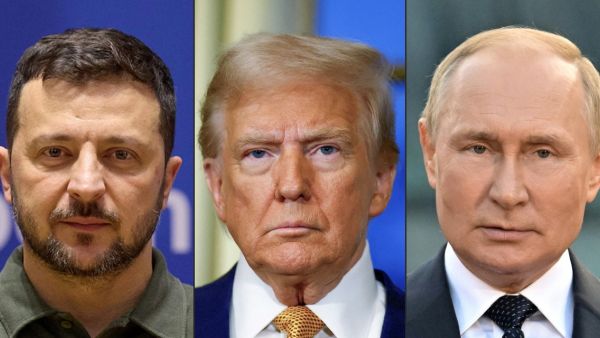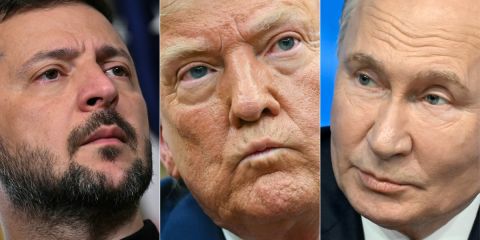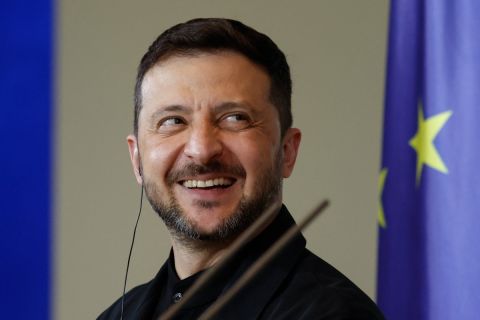ALBAWABA- U.S. President Donald Trump announced he will meet Russian President Vladimir Putin next Friday in Alaska in a bid to end Moscow’s full-scale war in Ukraine, a conflict now grinding into its fourth year.
Trump revealed the details on social media, with Kremlin aide Yury Ushakov confirming the plan to Russia’s state-run Tass news agency. The summit, if successful, could mark a turning point in a war that has claimed tens of thousands of lives. Yet, with Moscow holding to its sweeping territorial demands, there is no guarantee of a breakthrough.
Speaking to reporters at the White House before confirming the date and venue, Trump hinted that a deal might involve “some swapping of territories,” but offered no specifics.
Ukrainian President Volodymyr Zelenskyy swiftly rejected any compromise on his country’s borders, writing on Telegram:
“The answer to the Ukrainian territorial question is already in the Constitution of Ukraine. No one will deviate from this – and no one will be able to. Ukrainians will not gift their land to the occupier.”
Zelenskyy stressed that Ukraine seeks a “dignified peace” and is ready to work with Trump and other partners toward a “lasting peace that will not collapse because of Moscow’s desires.”
French President Emmanuel Macron also weighed in, stating on X that he had spoken with Zelenskyy, German Chancellor Friedrich Merz, and British Prime Minister Keir Starmer. “Ukraine’s future cannot be decided without the Ukrainians,” Macron said, pledging Europe’s continued support.
European Commission President Ursula von der Leyen welcomed Trump’s peace initiative, writing: “We welcome President Trump’s efforts to stop the killing in Ukraine.
Diplomacy combined with continued pressure on Russia is how we will achieve a just and lasting peace, one that respects Ukraine’s sovereignty and the security interests of both Ukraine and Europe.”
The Alaska talks will be the first face-to-face meeting between Trump and Putin since Trump’s return to the White House in January, raising hopes, and skepticism, over whether personal diplomacy can end one of the deadliest wars in Europe since World War II.











